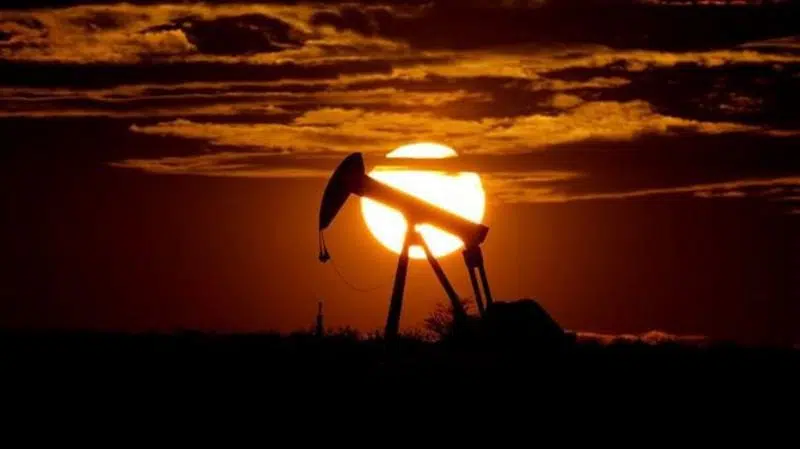
Oil-producing nations seek global deal to stabilize market
MOSCOW — Oil-producing countries including those of the OPEC cartel and Russia are trying to strike a global deal to pump less crude in a bid to limit a crash in prices that, while welcome for consumers, has been straining government budgets and pushed energy companies toward bankruptcy.
Thursday’s videoconference is part of a series of talks on stabilizing the market, where oil prices have more than halved since the start of the year amid a pricing war between Saudi Arabia and Russia. The drop was intensified when the coronavirus pandemic caused a further plunge in the demand for oil as travel and business ground to a halt globally.
Kremlin spokesman Dmitry Peskov said Thursday that Russia will advocate for a global move that not only includes OPEC and Russia, which had co-ordinated production cuts for four years until they fell out spectacularly this year, but also the United States. The U.S. is the world’s top producer now and the slide in crude prices is causing huge financial damage to companies in the oil patch.
Expectations are high.
